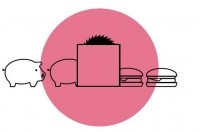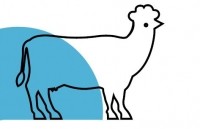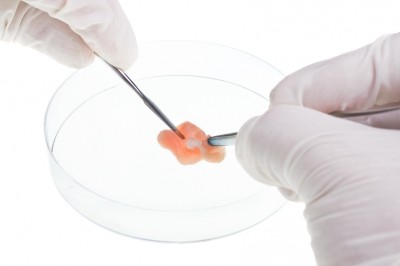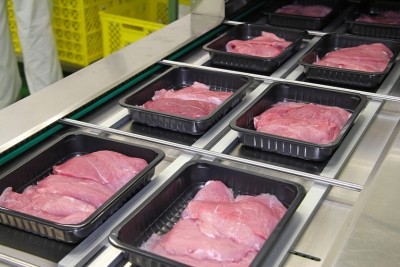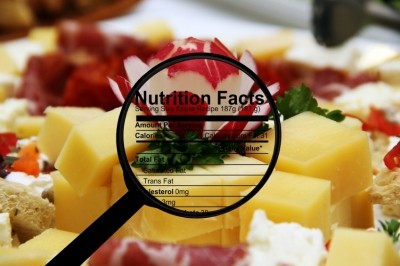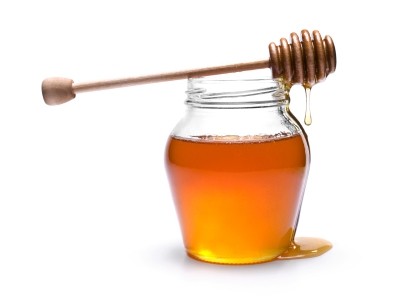Consumers are being misled by meat labelling, says consumer group
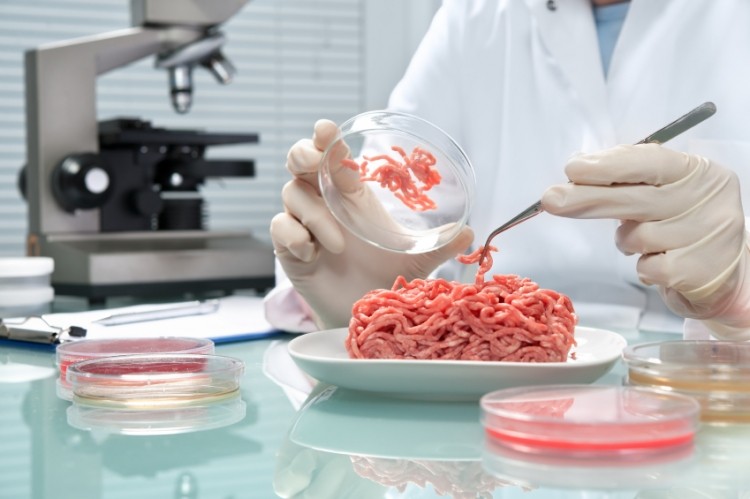
Brussels-based consumer rights organisation BEUC is calling on authorities to tighten checks on food manufacturers and ensure that they are abiding by EU law after it published a report which reveals how manufacturers legally and illegally mislead consumers.
Systematic checks must ensure practices such as adding water to bulk up meat are properly declared, and food fraud must remain top of the EU agenda, it says.
Monique Goyens, BEUC’s director general, said: “Consumers should be able to trust the label on the food they buy. If we are serious about rebuilding confidence in meat, EU Member States need to beef up controls and make sure labels are complete and accurate.
“Those purchasing fresh beef made to look as if it is 100% meat may feel deceived to discover additives in the ingredient list. Also, consumers buying roast pork or grilled sausages should know from the label how much meat they really contain. No one wants to buy water for the price of meat.”
Species switching
The report brings together the findings of BEUC member organisations in seven different EU countries and says that three years after the horsemeat scandal, manufacturers are still passing off cheaper meat from
certain animals as different species. Italian Altroconsumo found veal kebabs containing 100% turkey while UK group Which? found that 40% of lamb takeaways were contaminated with other meats.
Meanwhil, Portuguese consumer group DECO tested 26 samples of fresh minced meat and found that levels of sulphite – a preservative not permitted for use in fresh meat and whose presence must be declared in foods as it can trigger allergic reactions in some people – were in 23 samples. In several cases levels were around 400 times above the allergen labelling threshold.
Colour additives, such as paprika extract, were also found in marinated brochettes sold in Belgian supermarkets. “Colours serve no purpose other than to enhance the product’s appearance. Their use in meat preparations is likely to mislead consumers as to the nature, freshness and/or quality of the product they buy,” says the report.
Meanwhile, in the Netherlands, Consumentenbond tested the meat content of kroketten, or deep-fried meatballs, and found the meat content to be on average half of the declared amount. The group suggested that EU definition of meat may be to blame which, depending on the meat type, allows up to 25% fat and 30% collagen as well as skeletal muscle to be legally declared as meat on the label.
A legal bluff
Earlier this year, another consumer rights watchdog FoodWatch claimed victory when French retailer E. Leclerc ceded to the pressure of a 98,000-strong petition and removed a claim on its packet of turkey slices which said ‘100% fillet’. FoodWatch said this was misleading to consumers who could reasonably assume that the product contained 100% meat when it also contained water – the equivalent of one slice in six in terms of weight – as well as algae gelling agents and flavours.
"This bluff on the label is legal. But consumers are tired of manufacturers making fun of them with impunity,” said Ingrid Kragl, director of Foodwatch France, who says it will continue to put pressure on major manufacturers to use honest labelling.
BEUC’s full report can be read here.
